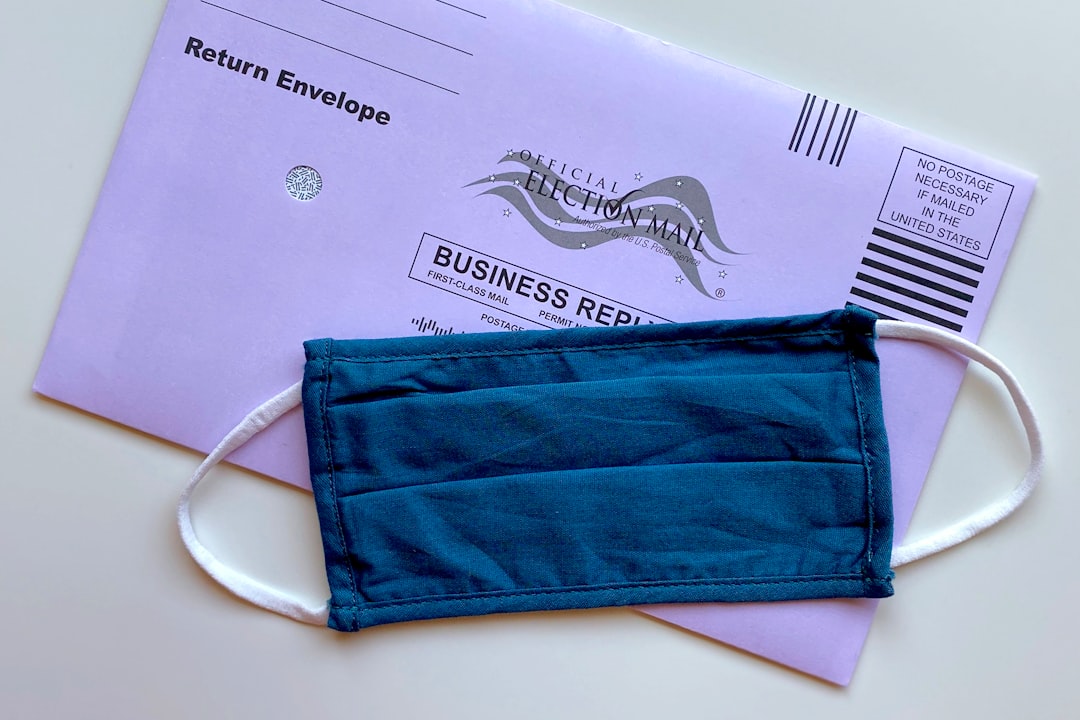True The Vote Presents Evidence Of Ballot Fraud To Arizona Senate | Abbi Clifton
Inaccurate voter rolls, mass mail ballots, non-governmental organizations, ballot drop boxes, and money all played a role in alleged 2020 election fraud, Engelbrecht said.
Catherine Engelbrecht of election integrity organization True The Vote presented voter fraud evidence Monday to the Arizona State Senate.
Engelbrecht’s presentation was based on location specific cell phone data from multiple states including Georgia, Arizona, Michigan, Wisconsin, and Pennsylvania. RSBN covered the event.
True The Vote specifically used advertising data that is embedded in cell phones. This data is often used for marketing campaigns and for law enforcement purposes, according to Engelbrecht. Based on this cell data and reports from whistleblowers and witnesses, Engelbrecht explained that innacurate voter rolls, mass mail ballots, non-governmental organizations, ballot drop boxes, and money all played a role in alleged 2020 election fraud.
True The Vote was founded in 2009, to assist the American public in keeping elections free and fair, according to the organization’s website.
“As American citizens, we share a civic responsibility to participate in this essential foundation of self-government, not just by voting, but by engaging in every stage of the electoral process to ensure our elections are administered legally and fairly. So that we may have confidence in the results,” the website stated.

Two Arizona women were indicted in Dec. 2020 for ballot harvesting and related charges including conspiracy and forgery, AP reported. One of the women allegedly “ran a sophisticated operation using her status as a well-known Democratic operative in the border city of San Luis to persuade voters to let her gather and in some cases fill out their ballots,” according to AP.
Former Hawaii Rep. Tulsi Gabbard and Illinois Rep. Rodney Davis introduced a bill prior to the 2020 election which banned ballot harvesting. Only 9 representatives, all Republicans, cosponsored the bill and it never moved forward. Prior to this bill, Rep. Davis also proposed 3 similar bills in 2020 that would have addressed ballot harvesting before the general election. Those bills were sent to committee, but did not move any further.
Electronic voting machines in 16 states from a “leading vendor” are also now described as “having software vulnerabilities,” meaning the machines could be hacked, AP reported citing the U.S. Cybersecurity and Infrastructure Agency (CISA).
This comes as former U.S. Senate candidate for Arkansas and Army veteran Jake Bequette filed a lawsuit against state and local election officials over alleged election fraud in Arkansas. Bequette’s name was misspelled on the ballot as “Jack” instead of “Jake” on untold numbers of ballots across the state during early voting. The error was specifically found in Phillips and Craighead counties, as previously reported. County election officials said that the machines were programmed incorrectly. Sen. Boozman won the May 24 Republican primary race, defeating Bequette.
“Arkansas voters have a right to know how long these election officials chose to hide the truth about the widespread inaccuracies on unknown thousands of ballots. I will continue to fight for transparency in government and for election integrity so that these errors never happen to any candidate in Arkansas ever again,” Bequette stated according to a press release.
Arkansas has a history of election fraud cases, one notable example being Garland County in the 1940’s. The county profited from illegal gambling operations, and thus required compliant politicians. The mayor of Hot Springs, Leo McLaughlin, controlled the county’s politics and used poll taxes to defeat his World War II veteran challengers. However, he did not manage to defeat the candidate for prosecutor, and McLaughlin ended up in prison.


